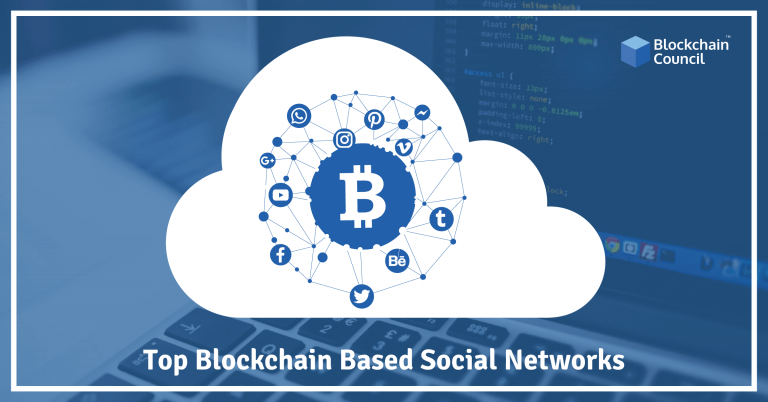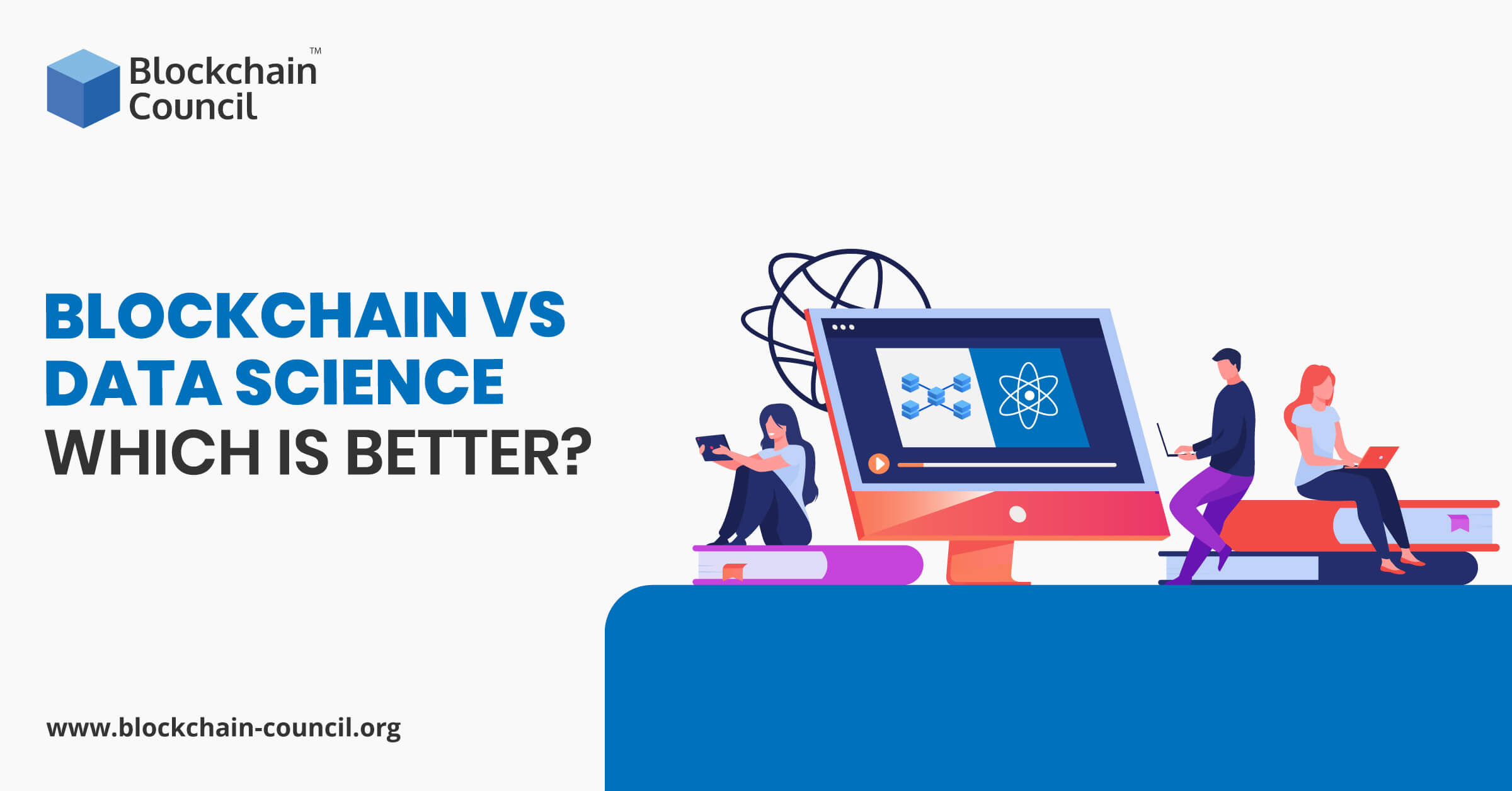
- Toshendra Kumar Sharma
- April 05, 2018
In the digitized world where everything exists in the virtual world, protection and security of data is a primary concern. Social media has become very popular these days so much so that we have most of our information available on the internet. From getting connected with people to doing transactions, digitization and social media have played a key role in everything. With this, I would also like to highlight the fact that with so many information floating in the virtual ocean, there is always a probability of it being attacked, hacked or tampered. This information can be of any type, from your name, date of birth, choice, preferences, bank details, address, etc. Recently one of the major social media giant, Facebook, bore the ax of illegal data access.
Facebook suffers the loss after data leakage-
The new spread like fire when a whistle blower revealed that Cambridge Analytica or CA created a psychological profile of around 50 million FB users. It not only affected the data of the people whose profile significant but at the same time, it also scooped the data of their friends.
The reason I had to mention this was to bring forth the need to have a stable, safe and secure social media platform where you can interact freely without worrying about your information being looked upon.
What it’s with the blockchain?
Now you must be wondering what blockchain has to do with social media and other platforms of a similar kind. Then you must know that the very nature of blockchain, i.e., transparency, security, peer-to-peer interaction, and decentralization will cut down all the apprehensions surrounding the use social media platform. With blockchain, the users will have more control over the privacy of their information.
Blockchain will privatize your social media experience-
When it comes to using the social media platform, you need one which is highly secure and keep your information restricted to yourself. It is not possible with the current systems in place; however, with the surge of Blockchain, we are expecting some great transformation in social media platform too.
When sit comes to privacy, a company like Nexus the name behind Social Coin has designed a social media platform where the users can post their information, send a private message and also create public transactions. Such a system not only protects your information but it also allows you to do ales and crowdfunding, and everything will route through blockchain.
The set of benefits from blockchain is unignorable; we know that the information is going to secure. Thus, you can send messages without worrying that Nexus is eyeing it, which is not the case with the current system of Facebook. As per Nexus, all information is with the user. The idea behind this is to enable peer-to-peer interactions in case of mediated private platforms.
With the blockchain enables social media platform, we can have a user-controlled social media instead of corporate-owned platforms. In the latter, the users can interact with each other, argue, transact without worrying about their information getting public.
How will it be beneficial?
Just like Bitcoin, the decentralized platform has no single control. The decentralization feature culminates the choke points in the technical infrastructure. Apart from Nexus, we have Mastodon (a blockchain enabled platform similar to Twitter), Blockcstack providing online digital identity services, Steemit identical to Reddit.
Thus, we can see that have a blockchain enabled social media platform is not merely a myth; instead we have system functioning seamlessly.
The other side of the story-
Amidst the hype and hoopla about blockchain-enabled social media platform like Facebook, we do have an absolute uproar about its side effects. No system is full proof. Although we have issues with the current system and blockchain offers a solution to the same, we cannot undermine the fact that it is not entirely safe. The decentralized network allows anyone to join and you don’t necessarily need to link your account to real-world identities like your phone number. Thus, paving the way for anyone to enter and join the system.
Apart from this, the social media platform are not merely publishers of content; they are curators as well. Such platforms not only control which content is right and but also monitor what we can see and what interests the users. Thus, bringing forth the most interesting content in front of the user. Designing a robust system would be the critical challenge for any new system. The work of blockchain-enabled social media platform similar to Facebook will not only be about securing the information; instead, it also has to ensure that the information present on it is interesting and entice the investors. Thus, it should benefit monetarily as well.
However, this technology is still at a very nascent stage; Facebook took time to evolve as a popular system which could glue millions of people for hours. Similarly, the blockchain-enabled system is also going to take some time to evolve over a period to come up with a system which is going to have best of both worlds.





































































 Guides
Guides News
News Blockchain
Blockchain Cryptocurrency
& Digital Assets
Cryptocurrency
& Digital Assets Web3
Web3 Metaverse & NFTs
Metaverse & NFTs
